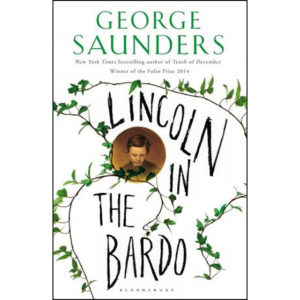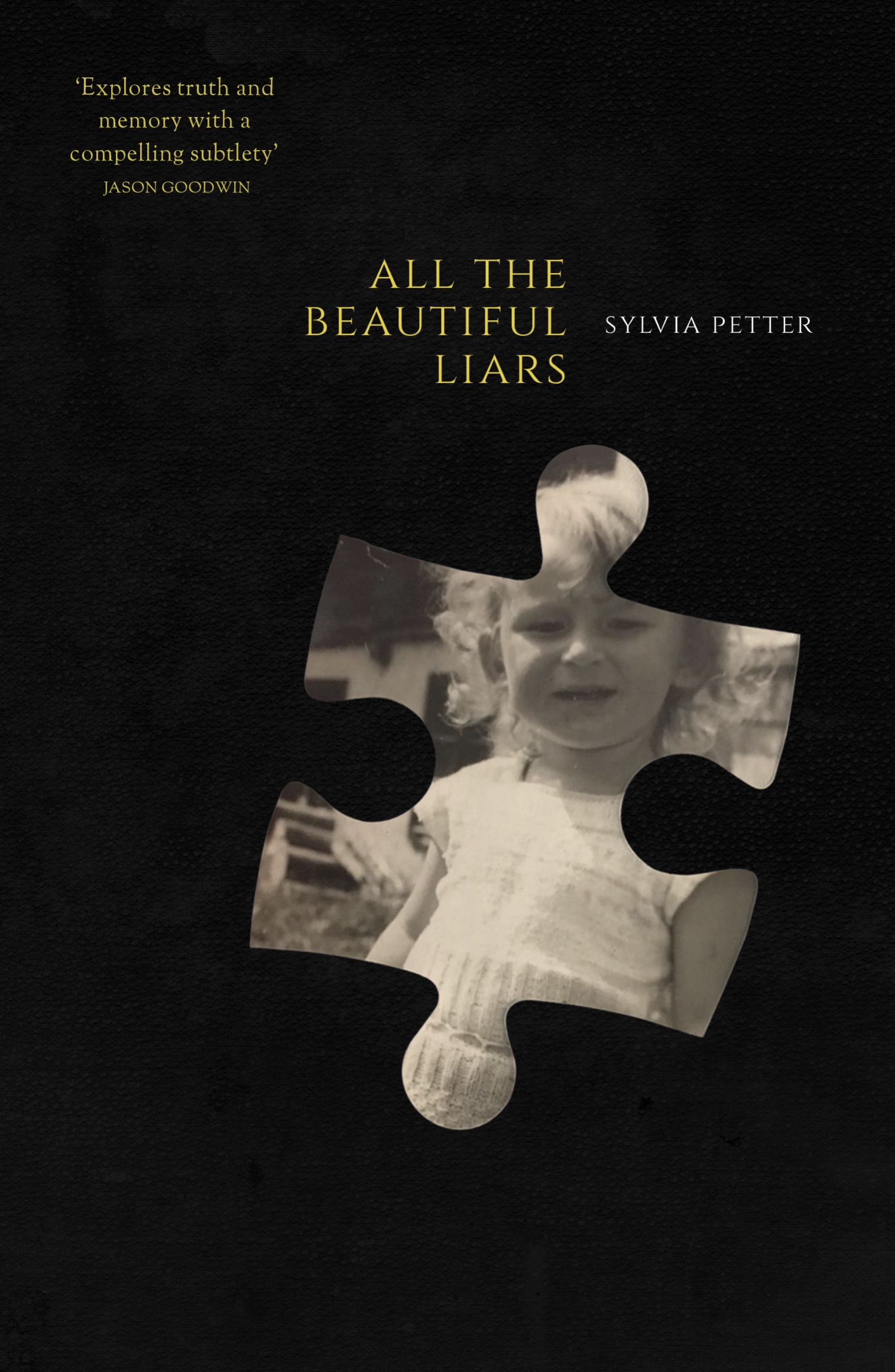I did not pursue the non-fiction post-election analysis at the US Embassy´s Amerika Haus as planned, but instead, with some trepidation, turned to a fictional pulse-taking of what I now call Amerika by means of the writings of the American short-story writer and novelist, George Saunders.
I first became aware of George Saunders when preparing material for the 13th International Conference on the Short Story in English held in Vienna in 2014, the year Saunders won the Folio Prize for his collection, tenth of december. I may have heard the name at previous short story conferences in the context of him being “a writer´s writer” at a time when I was claiming my right to write, so in a very different league also as a reader.
Burned by the Vienna conference I resisted the short story, particularly the American short story and turned to flash fiction, the novella, the novel, my short-story love having been broken. Broken down. But everyone was talking about George Saunders. I usually wait for any hype to calm down before buying books, but eventually did buy tenth of december, leaving it on my t-b-r pile for over a year. This was to be the “best book” I´d have read in whatever year. It was a book to make me love people again. American people.
I was scared of not liking the stories, so I listened to interviews with the author, read articles by the author, watched videos with and about the author. I liked him a lot. I liked what he said, where he was coming from. But I was still scared to read what he wrote. I ignored his book of stories on my t-b-r pile. A couple of weeks ago, I took the plunge. I did not like them. I was unable to appreciate the characters of what I saw was an American reality show, at a time when that country´s president was bringing out the worst in his supporters. I saw no humour. All I saw was a failing America. What else was new? I only finished three stories: “Victory Lap”, “Sticks” and “Tenth of December”.
In a New York Times article Saunders says: “If there are 10 readers out there, let’s assume I’m never going to reach two of them. They’ll never be interested. And let’s say I’ve already got three of them, maybe four. If there’s something in my work that’s making numbers five, six and seven turn off to it, I’d like to figure out what that is. I can’t change who I am and what I do, but maybe there’s a way to reach those good and dedicated readers that the first few books might not have appealed to. I’d like to make a basket big enough that it included them.”
He was talking to me. I was number seven.
 Then came Bardo. Lincoln in the Bardo, a novel. Everyone was raving about it. I wondered whether they would have raved if written by an unknown. I read more articles. I read reviews of the book. Saunders spoke of issues with which I myself was grappling. I was terrified of reading it. I spoke to a friend about it. Sent her the Guardian article. She asked why I was terrified of reading the novel.
Then came Bardo. Lincoln in the Bardo, a novel. Everyone was raving about it. I wondered whether they would have raved if written by an unknown. I read more articles. I read reviews of the book. Saunders spoke of issues with which I myself was grappling. I was terrified of reading it. I spoke to a friend about it. Sent her the Guardian article. She asked why I was terrified of reading the novel.
I was scared of being disappointed, not understanding, looking like a fool, remaining “number seven”, and worried about my own treatment of material about death and the afterlife. She said she would read it, too. I remembered what Saunders had said in his article, again speaking to me: “and you, dear reader, witnessing my gaze become more loving, might have found your own gaze becoming slightly more loving, and together (the two of us, assisted by that imaginary grouch) reminded ourselves that it is possible for one’s gaze to become more loving.”
But I also saw that in another Guardian article he says: “Your job as a fiction writer is to keep yourself confused for as long as you can. And the text will start talking to you.”
That was what I wanted. I was already confused. Confused as a reader. The rest would follow. Maybe in the novel?
Tonight I finished Lincoln in the Bardo. I let myself be confused and the text did start talking to me. Here from the TLS are some excerpts from the audio book together with the written text and here is a review from the New York Times.
All the things Saunders said in his interviews and articles suddenly made sense to me. His basket now included me. Thus armed, I think I can now approach my own work again. It´s still too early, but I may even go back to short stories. His. Others. Mine. One day I may even gaze more lovingly on America.
Until then, onwards!



